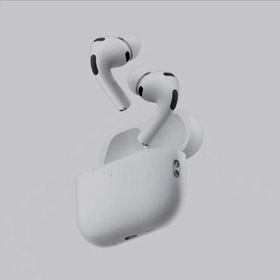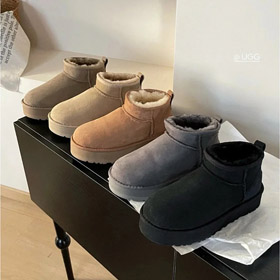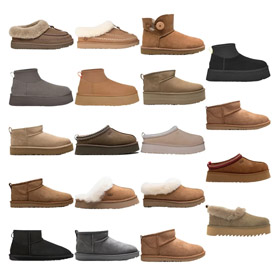In the competitive e-commerce landscape, after-sales problems can make or break customer loyalty. At Hoobuy, we implemented a data-driven approach to tackle return/swap issues systematically through root cause analysis and Pareto modeling. This case study reveals how we achieved a 22% reduction in footwear return rates within half a year.
The Data Collection Framework
We created a standardized spreadsheet tracking system classifying all Hoobuy shoes returns by:
- Size issues
- Material defects
- Cosmetic flaws
- Wrong shipments
- Customer remorse
- Material defects
Pareto Analysis Findings
Our 80/20 analysis revealed that just three root causes accounted for 81% of all footwear returns:
- Inconsistent sizing specifications between manufacturers (38%)
- Substandard adhesives in shoe construction (27%)
- Unprotected packaging leading to transit damage (16%)
Corrective Action Implementation
We collaborated with the quality control department on key improvements:
- Standardized sizing charts with millimeter measurements rather than generic "US/UK/EU" tags
- Implemented tensile strength testing for all adhesive compounds (ISO 11339 compliance)
- Redesigned shoeboxes with corner protectors and double-wall cardboard
Measurable Outcomes
Within six months of implementation:
- Overall return rate decreased from 18.7% to 14.6% (-22% Θ)
- Size-related complaints dropped by 37 percentage-points
- Negative feedback mentioning "quality" reduced by 42%
The Hoobuy
Lessons for E-commerce Operations
This case demonstrates that comprehensive data tracking paired with Pareto analysis can:
- Identify high-impact improvement opportunities
- Create measurable ROI from quality initiatives
- Transform returns from cost-centers into quality feedback loops
The transparency of our spreadsheet system enabled cross-departmental accountability, proving that solving after-sales issues begins before products ever reach customers.



















